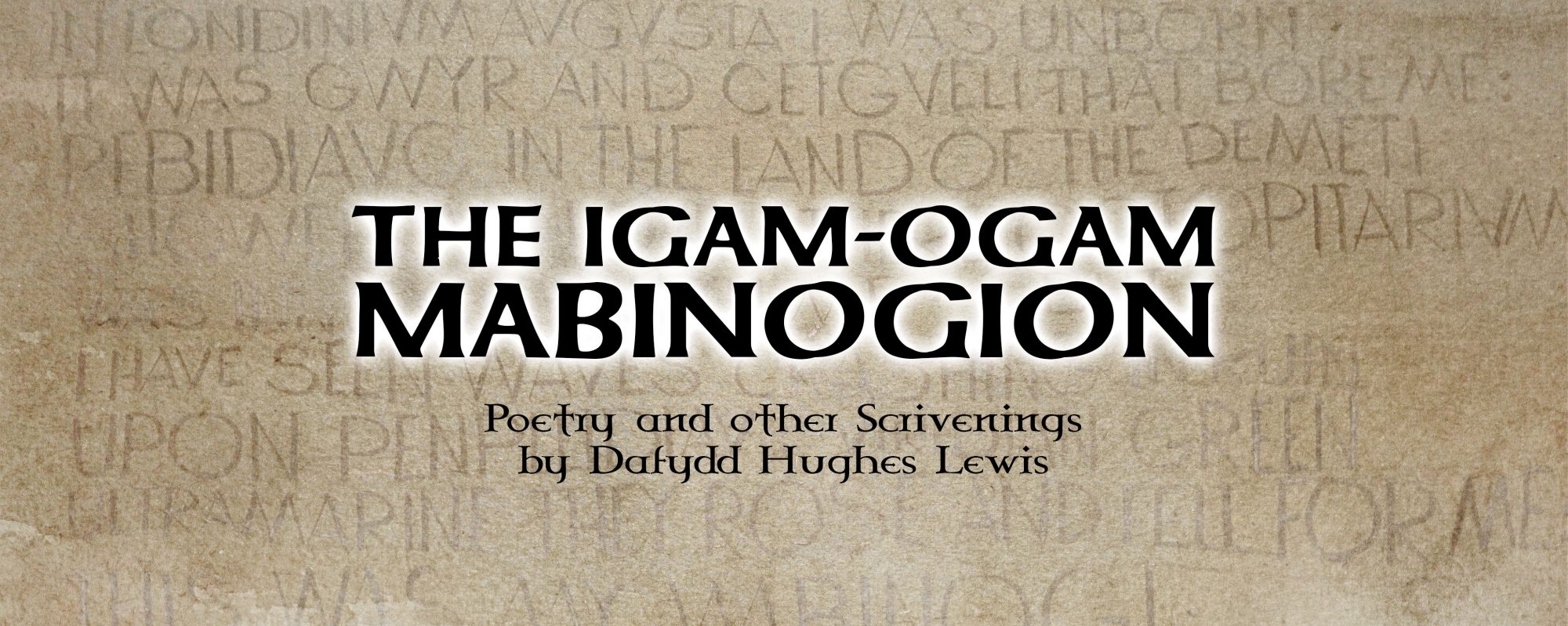(A Chinese poem of c.600 BC which resonates extraordinarily with events in 2020 AD)
O wide and mighty Heaven,
how was it that your mercy was witheld
and death and famine dealt
to devastate the realm?
Foreknowing Heaven, fearsome,
why neither your forewisdom, nor your care?
While the guilty go discounted,
in answer to their deeds,
must the innocent
be deep-drowned in despair?
Why is it, mighty Heaven,
that our ruler gives no heed to just advice,
like a stray along the pathway,
not knowing what’s in sight?
Let all you of authority
act, then, with due decorum!
How do you not fear other men,
nor stand in fear of Heaven?
From ‘Translations of Classical Chinese Poetry’
Note: The poem is from the Shih Ching, ‘ The Book of Songs’, an anthology of 305 poems relating to the Chou period (11th century BC – 3rd century BC) – the time when the ancient kingdoms of what was later to become a unified China emerged into historical perspective. These are the very earliest known Chinese poems, the oldest of which may date from c.1000 BC, although it is likely that the anthology was arranged in the form we know it c.600 BC. The majority of poems in the Hsiao ya, ‘The Minor Odes’, the section from which the above poem was taken, deal with the courtly level of society.
Shown here are stanzas 1 and 3 of 7 in all – and the two which set the tone of the entire poem. The idea of a ‘Heaven’ which overlooked worldly activity and to which humankind and especially its rulers were responsible was firmly established by the the Chou period. The Emperor was the ‘Son of Heaven’, and is mentioned as such in Stanza 6. It is not Heaven alone as representative of universal justice, though, which is being remonstrated with here, but its aristocratic earthly ministers. The final two lines, ‘How do you not fear other men, / nor stand in fear of Heaven?’ are directed at those in the highest authority who are guilty of the ills previously enumerated, and are to be understood as ‘How do you not take into proper account the well-being and feelings of those you are supposed to rule over, nor stand in fear of just retribution for your misgovernment of them?’ The thrust and tenor of the poem reminds me not a little of William Blake’s resounding lines, ‘O for a voice like thunder, and a tongue / to drown the throat of war!‘ which concludes with ‘The Kings and Nobles of the Land have done it! / Hear it not, Heaven, thy Ministers have done it!’. The picture, in the Chou context, is of a wavering ruler, an irresponsible court, a stricken populace, a tottering realm – a scene which might be translated into contemporary terms and said for a good many of us, depending on where we are the world, to represent a real and present experience.

So relevant to today and your insights as expressed in your notes make the poem all the more interesting to the reader. Pob dymuniad da Dafydd.
LikeLiked by 1 person
Diolch yn fawr iawn am eich cefnogaeth, Lliwen! The poem is in strict translation of the original, so relates closely to its ancient Chou background. I could have made it fit more closely to that of the present by replacing a word or two with a legitimate equivalent (such as ‘hunger’ in place of ‘famine’) but the comparison can – unfortunately! – stand well enough. Cymer ofal.
LikeLike
How apt at the moment! Really enjoyed the rhymes and half rhymes!
LikeLike
Thank you, Jacydo. Yes, it’s the same game – inept, callous ministers and collapsing kingdoms …
LikeLike